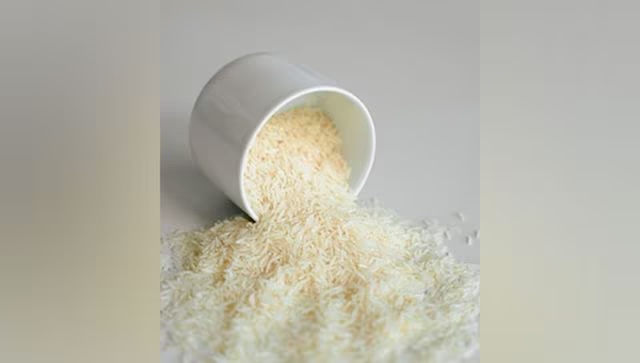
The traditional “kimito method” is used to make the sake in this brewery.
According to the Bhutan Live, a Japanese saké manufacturing company called Tsuchida Sake Brewery presented at a conference in Thimphu expressed interest in establishing a production facility in Bhutan.
According to Bhutan Live, the “Japan-Bhutan Food Culture Exchange Symposium” was held in Thimphu by the Japanese Embassy in India. The symposium was attended by representatives of the Bhutanese government, the food, beverage, and hotel service industries in Thimphu, and the Economic Minister of the Embassy of Japan in India, Kyoko HOKUGO.
A representative of the Japanese Embassy in India, which also covers Bhutan, expressed his hope that Japanese sake will be produced there.
“In Bhutan, people consume ara, a type of distilled liquor made from grains like rice or wheat. The drink is especially important for festivals held in the country. A different rice beverage known as “singchang” is made by the people in some parts of the country for their own consumption. The Embassy of Japan in India stated, “I sensed some overlap in our countries’ cultures, with the close connection between festivals and alcohol.”
The traditional “kimito method” is used to make the sake in this brewery.
The Sake is brewed by the microorganisms that live in the brewery with water, Koji mold, which is a mold used to ferment alcohol, and mostly unpolished rice.
According to the Bhutan Live, Yuji Tsuchida, the sixth-generation owner of the business who is now 46 years old, said in 2017 that he brought the business back to using traditional methods because modern brewing methods that use lactic acid bacteria or yeast make all sake taste the same.
According to Bhutan Live, the company brewed their experimental sake in 2021 with a variety of medium- to long-grain Indica rice, which was grown in Bhutan, as opposed to the usual short-grain Japonica. In addition to rice cultivation, the Bhutanese culture also produces “chang or chhaang,” a brewed rice liquor similar to Japanese “Doburoku” or unrefined sake, for private consumption in some areas. The embassy noted that this practice has a strong connection to Japanese culture, where sake is enjoyed throughout the four seasons and is closely associated with rituals. As a result, there are a lot of similarities and good reasons to believe that this collaboration could be successful.
“Japanese brewing techniques could be a hint for Bhutan, which is poor in terms of foreign currency purchasing power, to make a processed agricultural product aimed at other countries,” the embassy states.